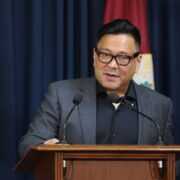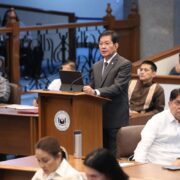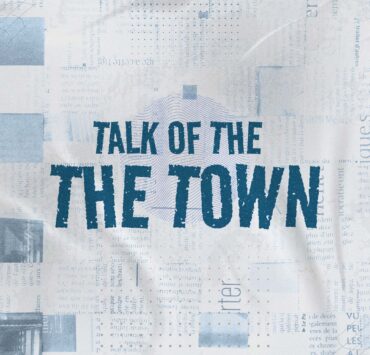In defense of education in private institutions

The movie, “The Founder,” which tells how Ray Kroc turned McDonald’s into a global empire, presents an interesting analogy: schools resemble fast food franchises. Just as McDonald’s realized it wasn’t simply in the burger business but in the real estate business, we come to recognize that schools are not merely in the education business but also in the rental business, too.
In this context, schools, especially private institutions, function like a franchise system. The classroom is the rentable space, the physical asset that generates profit. Parents and students, as primary stakeholders, “rent” access to the classroom by paying tuition. The education service is indeed critical, but in many ways, it is secondary to the viability of maintaining that classroom space. Without students occupying seats, the school’s operations collapse. Recent government initiatives seem to have failed to observe this setting, which is crucial to the survival of educational institutions. To ignore this is to misunderstand the economic reality of education and its benefits.
These economic realities are usually rooted in neoliberal principles. I believe that our educational system must move beyond market logic and serve the broader public good. However, in today’s environment, many continue to dismiss or ignore critical narratives against neoliberalized education, labeling them as too ideal.
The implementation of free tuition through Republic Act No. 10931 in state universities and colleges (SUCs) and local universities and colleges (LUCs) might appear generally beneficial, but it effectively dismantled the playing field.
Students transfer to public institutions, causing a massive drop in private school enrollment. Meanwhile, public institutions face an overwhelming burden in terms of student population without proportional increases in funding, faculty, or facilities.
While the law appears progressive, it reveals a regressive character. Studies and evidence presented by the Commission on Higher Education, the Philippine Institute for Development Studies, and economic think tank NGOs suggest the law leads to regressive subsidy (Lomer and Lim, 2021; PIDS, 2017; Orbeta and Paqueo, 2017). In this sense, the law may offer “free tuition” but fails to provide equitable access to education.
Proposed reforms, such as reducing general education units in college or cutting college years, concern private institutions’ economic viability. For decades, they have filled gaps, particularly in areas with limited public provision. Their decline will not be easily replaced by public institutions alone. Pursuing this policy direction reveals abandoning private sector partnership. For many small and mid-sized private colleges, such changes threaten their academic identity and financial capacity to survive in an already competitive and uneven educational landscape.
All of this leads to a skewed and dangerous imbalance. Public schools are overwhelmed, while private schools are slowly disappearing. This confusing and contradicting government’s liberalization-cum-de-liberalization of education leads to a dual problem, one that burdens the state while diminishing the market.
But perhaps the most devastating impact of these reforms is not on the private school owners, but on labor, specifically private school educators. Fewer students and shorter programs mean less demand for teaching staff. Educators are pushed out of the system, unable to find work in overloaded public institutions, while students lose access to a diversity of perspectives and mentors.
Worse, migration to public schools is not a viable option. Various SUCs and LUCs, already suffering from budget deficits and unable to provide teaching plantilla positions easily, cannot simply absorb displaced private school faculty, especially in a highly competitive labor market. Even if we attempt to provide a middle ground that acknowledges neoliberalism, the reality exposes the flaw of the system itself: it remains the workers, the teachers who suffer the most.
Any reform, no matter how noble, must not come at the expense of the workers and educators who sustain it. The survival of private institutions isn’t simply about corporate interest; it is about preserving their workforce, teachers who devote their lives to forming minds, ensuring institutional continuity. To erode their livelihoods neglects the very foundation of the education system.
To our policymakers: consult the real experts, the teachers, the frontline service providers who live the realities of our classrooms. The focus is too centered solely on the students, parents, and exaggerated on the industries, while the voices of teachers remain unheard. People have become accustomed to rushing policies, chasing popularity through promises of quick graduation, free tuition, and shortened school years. We need evidence-based policy that understands both the real economy and the limits of government.
—————-
Kurt Zeus L. Dizon is an assistant professor at Saint Louis University, Baguio City.

















